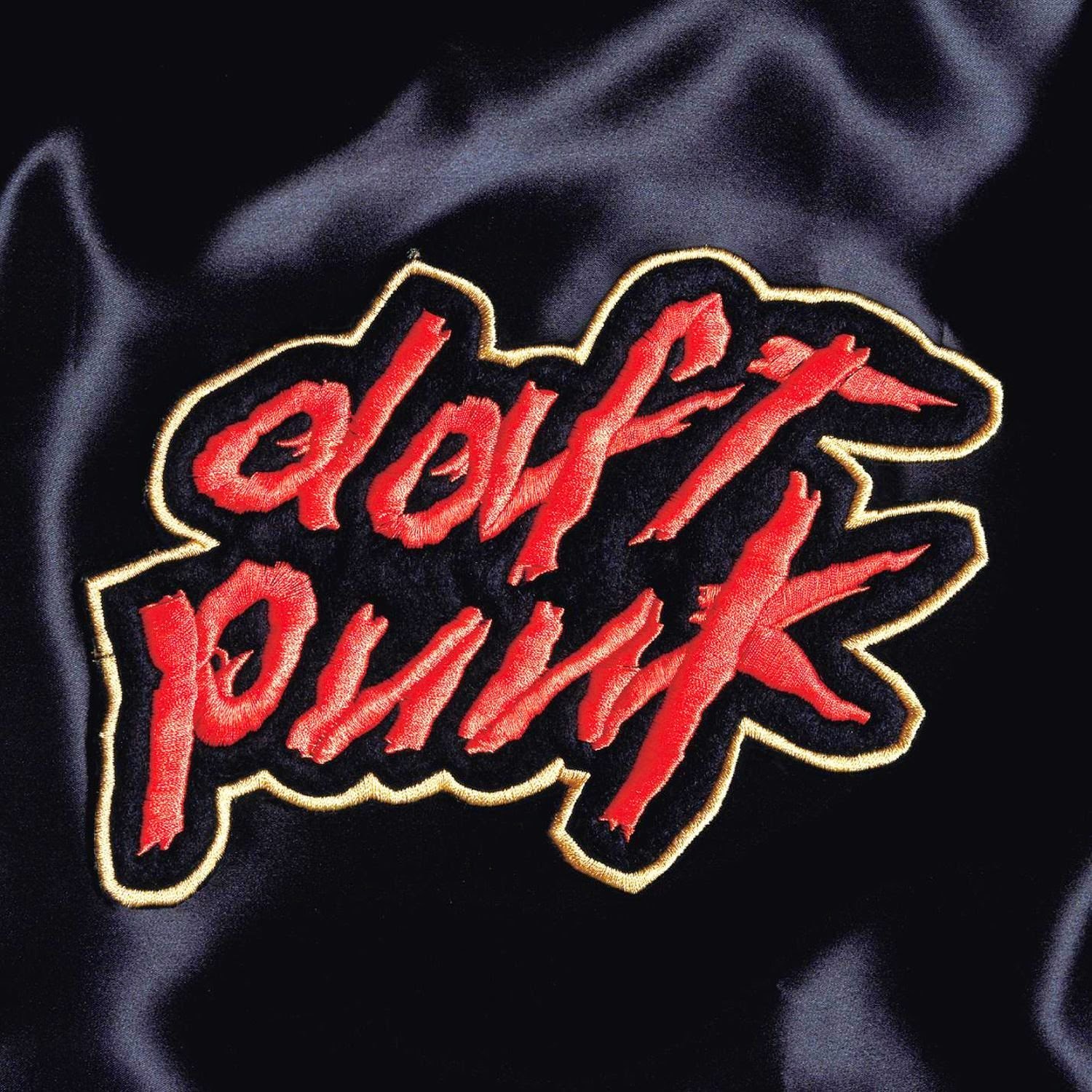When Daft Punk's debut album, Homework -- which celebrates its 20th anniversary tomorrow -- was new, I hated it. I had a standard joke about it: It was the opening thump-click drumbeats from Nine Inch Nails' "Closer" repeated over and over again for 78 minutes. Which is to say: It was house music. And I'd never heard house music -- or, at least, I'd never heard it done like that. It took me years to wrap my head around what they were doing. By the time Daft Punk got a bit more playful with '70s radio-pop and squelchy funk on 2001's Discovery, I was intrigued. By the time they'd turned house music into stadium spectacle on 2007's Alive Tour -- a tour named after the final track on Homework -- I was a complete, starry-eyed convert. But for a suburban American kid in 1997, Homework sounded like homework. That says plenty about me and about my own prejudices and proclivities, of course. But it also says something about the climate -- about how new and strange Daft Punk's style was to many of us.
House music was not new in 1997. It was a fully established genre, with its own codes and tributaries and heroes. And Daft Punk spent all of the Homework track "Teachers" shouting out those heroes, underground pioneers like Jeff Mills and Green Velvet, and only occasionally tossing in a few token non-house visionaries like Brian Wilson and George Clinton and Dr. Dre. House music hadn't just been an underground phenomenon, either. It had been popular at various points. I'd had my pop-music awakening during the year I spent outside London, between 1988 and 1989, when the acid house and hip-house hits ruling Top Of The Pops were my shit. A few of Madonna's biggest singles were, more or less, house music. For a few years, the greatest musical exports from my Baltimore hometown were diva-house queens like Crystal Waters and Ultra Naté. But this wasn't the kind of house music that Daft Punk were making. They were making primal, inhuman, world-destroying house. It took some getting used to.
Daft Punk were in a strange situation with Homework. They had two all-time classic singles in "Da Funk" and "Around The World" -- two tracks with gooey, nagging hooks embedded deep within their DNA. And thanks to fascinating and inventive required-stoner-viewing videos from, respectively, Spike Jonze and Michel Gondry, those two tracks had gone supernova, crossing over to the sorts of kids who didn't have any idea what house music was. Suddenly, Daft Punk's peers, within the popular imagination, were the Prodigy and the Chemical Brothers, two groups who were, at the time, way more eager to seize the cultural imagination. Even those groups seemed new and radical. Daft Punk seemed like aliens.
This was, we heard over and over, the dawn of the electronica era, when the primacy of the rock star was disappearing and when we would be hearing this futuristic music beamed to us from faceless, anonymous DJs. Rock magazines treated this like a coming utopian revolution, a way to get the spotlight off of the stage, to get people in the crowd to focus on each other rather than whatever was happening a few hundred yards away. But the problem was, things didn't function like that. The Prodigy made spattery, hyperactive bangers, and they had a couple of dancers and a dude who looked like a post-apocalyptic Billy Idol drooling onstage. The Chemical Brothers didn't fully cross over until they made a starry-eyed psych-rave song with Noel Gallagher. Daft Punk didn't play any of that. They made house music, in its most repetitive, hypnotic, monolithic form.
And that's how it sounded to teenage suburban me when it was new: an impenetrable wall of thud, with no recognizably songs or personalities or recognizably human voices anywhere. The singles were one thing; it wasn't hard to get into the titanic, squiggly riff of "Da Funk" or the vocoder mantra of "Around The World." And there were all sorts of subtle musical tricks in the rest of Homework, as well: ultra-processed Todd Rundgren-esque guitars, 303 bleats that hit at the exact right moments, refrains that started out as vague fuzz and gradually crystalized. But it ultimately didn't make sense to me. I was just mystified. But that newness -- that willing to be uncompromising hardliners on the biggest stage -- is, I'd argue, a more powerful testament to Daft Punk's artistry than almost any of the actual music on Homework. There are some great tracks and some better moments on the album, but the duo's willingness to be such a strange and alien presence on MTV and modern-rock radio was, for a time, their greatest legacy.
Of course, as stark and striking as Homework was, it turned out to be massively successful and influential. It ended up going gold in the US, largely on the strength of those two singles and their incredible videos. But within a few years, those huge and monolithic house-music grooves began to reverberate as straight-up pop music, especially in Europe, where the Daft Punk-indebted filter house sound was dominating charts by the turn of the millennium. Daft Punk's Thomas Bangalter was part of the one-off group Stardust, whose "Music Sounds Better With You" caused immediate waves of mass euphoria every time I heard it at a college party. And "Flat Beat," an absolutely minimal thump from Daft Punk's contemporary Mr. Oizo, topped charts across Europe after a puppet danced to it in a Levis ad in 1999.
Daft Punk themselves would figure out newer, more fun ways to play with their sound, and to present it. They didn't start wearing their robot costumes until they were beginning to hype up their 2001 sophomore album, Discovery -- a development that, I'm convinced, must've come from how much people liked those dancing robots in that "Around The World" video. And on Discovery, they got frisky with song-form as well as imagery, compressing their style into vivid four-minute chunks and giving their ideas the sort of structure that could work in places other than the dancefloor. By the time of Discovery -- which, for my money, is a much better album than Homework -- they'd learned how to make songs rather than tracks. But the sheer audacity of Homework, the idea that these Frenchmen could sell endless space-grooves to American teenagers, remains maybe the most forward-thinking thing Daft Punk have ever done. They figured out, at least three years early, how this century would sound.
[videoembed size="full_width" alignment="center"][/videoembed]
[videoembed size="full_width" alignment="center"][/videoembed]
[videoembed size="full_width" alignment="center"][/videoembed]
[videoembed size="full_width" alignment="center"][/videoembed]
[videoembed size="full_width" alignment="center"][/videoembed]






